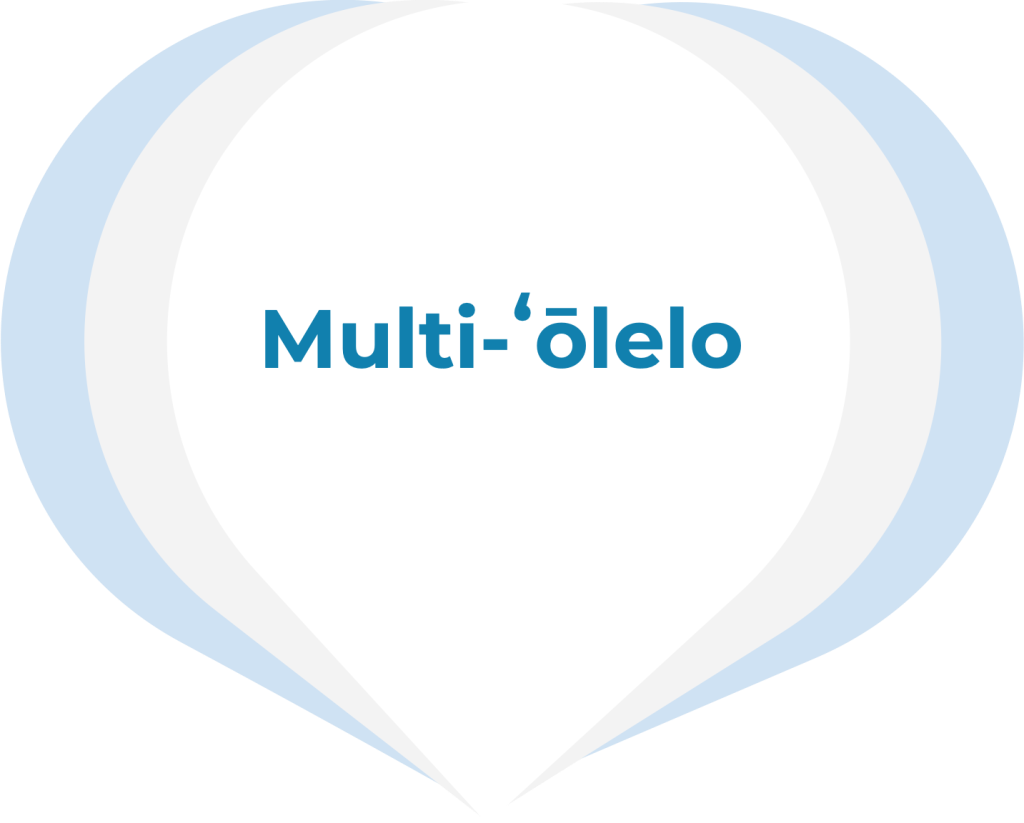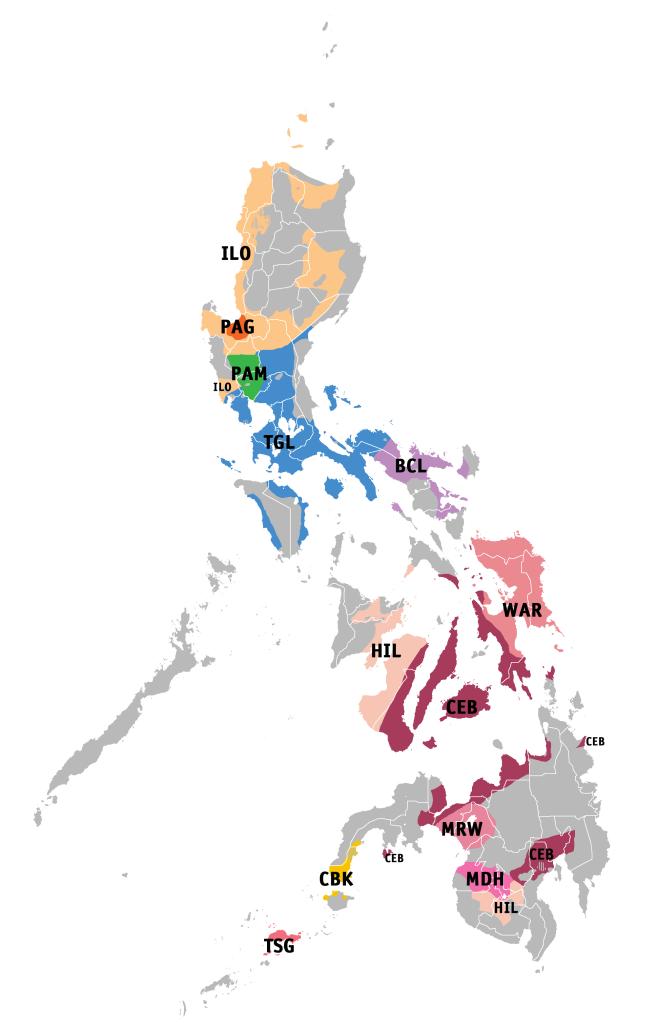
CACTI: Use of a survey instrument as a semistructured interview protocol to facilitate teacher retrospection on bi/multilingual practices in EMI
Mendoza, A., & Ou, J. (2022). CACTI: Use of a survey instrument as a semistructured interview protocol to facilitate teacher retrospection on bi/multilingual practices in EMI. System. doi: 10.1016/j.system.2022.102887
In this study, the researchers used a survey as a semistructured interview protocol to examine teachers’ use of students’ other languages in English-medium instruction (EMI) by conducting interviews with 16 primary and secondary teachers in EMI schools in Hong Kong, Guangdong, Fujian, and Zhejiang. During the two parts of the interview (Part 1: Demographic Information and Part 2: Bi/multilingual Practices), which lasted 1.5–2 h, teachers shared their pedagogical practices based on one class of primary or secondary students. Part 1 elicited teachers’ geographic and institutional context, grade and subject matter, class language demographics, and teacher language knowledge, while Part 2 consisted of 30 multiple choice items representing different bi/multilingual classroom practices, categorized based on the literature into learning purposes, pedagogical or spontaneous practices, classroom language policies, and modality directions. Teachers rated the importance of each of the 30 practices on a Likert scale (”5/Very important” to “1/Not important”) and gave justifications and explanations that were coded inductively. Table and interview analyses show (1) which practices stood out as the most controversial, (2) what deliberations about contextual factors were involved in decision-making about them, and (3) implications for teacher professional development.

The Multi’ōlelo Initiative for language research communication
Phung, H., Choe, A. T., Diez-Ortega, M., Eguchi, M., Holden, D., Mendoza, A., & Nguyen, T. H. (2020). The multi’ōlelo initiative for language research communications. University of Hawai’i at Manoa Second Language Studies Working Papers, 38(1). doi: 10.13140/RG.2.2.34737.20325
Addressing the need for increasing the visibility and accessibility of language-related research for language teaching professionals and others interested in this research, particularly to address the widening gap between research and practice, Multiʻōlelo (MO) is a research communication project aiming to promote public engagement with language studies; thereby facilitating mutual understanding and support between researchers and various stakeholders such as language education professionals, language policy-makers, and language learners. In this concept paper, we will provide an overview of MO goals and activities, explain the rationales of the initiative, and document what we have accomplished so far, as well as provide a roadmap to realize our vision for a more democratic, participatory model of language research communication.

What does translanguaging-for-equity really involve? An interactional analysis of a 9th grade English class
Mendoza, A. (2020). What does translanguaging-for-equity recall involve? An interactional analysis of a 9th grade English class. Applied Linguistics Review. Ahead-of-print. doi: 10.1515/applirev-2019-0106
While much research on translanguaging is in bilingual and heritage language classrooms, it is under-researched in K-12 English-medium education. To better understand translanguaging in this context, this study applied interactional sociolinguistics, including analytical categories adapted from Conversation-for-Learning (Kasper and Kim, 2015; Kim, 2019), to a ninth grade English class in Honolulu with students from diverse linguistic backgrounds. The study examined interactional sequences as students did literary analysis of novels and poetry over 13 weeks. These sequences involved appropriation of others’ lexical phrases, collaborative word searches, miscommunication repair, and knowledge checks. Translanguaging, when it occurred, indicated joint meaning-making across linguistic asymmetries, and was not only a means of thinking aloud using an integrated language repertoire, but a form of helping peers as students signaled to each other to adopt language, teach them something, or work through a problem together, creating opportunities to learn. These findings suggest that equity hinges not only on allowing students to learn using their whole linguistic repertoires but on social and ethical dispositions made apparent through interactional analyses.

Negotiating the Multilingual Turn in SLA: Response to Stephen May
Mendoza, A. (2019). Negotiating the Multilingual Turn: Response to Stephen May. The Modern Language Journal, 104(1), 304-308. doi: 10.1111/modl.12613
In volume 103 of Modern Language Journal, Stephen May suggested that the multilingual turn has not fully delivered on its promises, pointing out second language acquisition (SLA) researchers’ continued focus on parallel monolingualisms rather than on dynamic bi/multilingualism, the lack of theorization of historicity in sociolinguistic research on the latter, the balkanization of academic knowledge preventing transdisciplinary scholarship, and West‐centered methodological nationalism. While I agree with his points, I believe the solution requires more than critical reflexivity, reading beyond our areas of interest, and relinquishing fast‐held methodological principles. Scholarly hegemony and disciplinary elitism exist because we are more than minds touting theories and epistemologies. We must acknowledge how we, as researchers, seek cultural prestige and economic well‐being by affiliating with the global North and its mechanisms for knowledge production. Given this, I discuss what scholars in both the global North and South can do to reform the discipline to address May’s concerns, in terms of 1 action those in the global South must consistently attempt, and 4 responsibilities of those in the global North.

Motivation to learn Languages Other Than English (LOTEs): A critical research synthesis
Mendoza, A., & Phung, H. (2019). Motivation to learn Languages Other than English (LOTEs): A critical research synthesis. Foreign Language Annals, 52(1), 121-140. doi: 10.1111/flan.12380
The primary purpose of this investigation was to put forward critical research synthesis as a qualitative alternative to meta‐analysis in second language acquisition using as a case example studies published from 2005 to 2018 applying the L2 Motivational Self System (L2MSS) to learners of languages other than English (LOTEs). Since L2MSS research is methodologically diverse and meta‐analysis necessarily excludes literature that cannot be subjected to its parameters, a qualitative synthetic approach with the systematicity and transparency of meta‐analysis is warranted. This study synthesizes 30 L2MSS studies on LOTEs in three world regions—Europe, Inner Circle English‐speaking countries, and Asia—and examines substantive and methodological features of the literature, including (1) the diversity of languages and educational contexts, (2) common issues of interest and findings in each world region, and (3) the strengths and limitations of quantitative and qualitative L2MSS studies. Suggestions for improving the diversity and quality of research on motivation to learn LOTEs are offered.

Thwarted: Relinquishing educator beliefs to understand translanguaging from learners’ point of view
Mendoza, A., & Parba, J. (2018). Thwarted: Relinquishing educator beliefs to understand translanguaging from learners’ point of view. International Journal of Multilingualism, 16(3), 270-285. doi: 10.1080/14790718.2018.1441843
This study took place in a 300-level Filipino class at Hawai’i’s state university. Originally, the researchers intended to study how English-Filipino translanguaging, the use of linguistic features of different languages to achieve meaning-making, (1) supports development of academic writing skills in Filipino for heritage learners who have undergone subtractive bilingualism and (2) challenges the ideology of discrete languages and speech communities. However, throughout the term, students’ translanguaging practices did not necessarily improve their writing skills in Filipino, and interviews revealed that they still saw themselves as having varied proficiency in English, Filipino (Tagalog-based), and other Filipino languages, which they linked to particular speech communities. Nevertheless, students participated actively and felt they were learning, and translanguaging led to understanding of deeper and more critical content. From these findings, we propose a translanguaging pedagogy that recognises the different social realms in which students have various opportunities to develop different parts of their linguistic repertoires, rather than a pedagogy that simply strives to dissolve linguistic barriers to promote bilingualism and biliteracy.

Preparing preservice educators to teach critical, place-based literacies
Mendoza, A. (2018). Preparing preservice educators to teach critical, place-based literacies. Journal of Adolescent & Adult Literacy, 61(4), 413-420. doi: 10.1002/jaal.708
Secondary education means helping students develop a diverse repertoire of literacy skills, but the focus has been on disciplinary and digital literacies practiced by geographically distributed communities (an international, middle class curriculum) rather than on practices associated with orality, the trades, and minority, immigrant, and Indigenous knowledges. In contrast, critical approaches to literacy instruction recognize the need to incorporate students’ place-based funds of knowledge into the curriculum. To illustrate one such approach, this article presents a case study of practitioner research in a secondary teacher education program. Although the syllabus of a core course on adolescent literacies focused on academic and digital ones, teacher candidates who participated in a form of qualitative inquiry called Indigenous métissage had much to say about place-based funds of knowledge in their subject areas during a field trip and class discussion. These findings suggest that critical, place-based literacy may be an untapped resource in teacher education.

Measuring intra- and international linguistic competence: Appropriation of WEs and ELF discourse in the commercials for two standardized English tests
Mendoza, A. (2017). Measuring intra- and international linguistic competence: Appropriation of WEs and ELF discourse in the commercials for two standardized English tests. Critical Inquiry in Language Studies, 15(3), 187-204. doi: 10.1080/15427587.2017.1388171
The author examines discourses of English as a Lingua Franca (ELF) and World Englishes (WEs) in the commercials for 2 standardized English tests: the International English Language Testing System for study abroad in English-dominant countries and the Canadian English Language Proficiency Index Program for Canadian permanent residency and citizenship. It illustrates how ELF and WEs, perceived as antithetical to Standard U.S. or U.K. English, have been used in these advertisements to represent diverse groups’ alignment with monolithic ideologies of globalization and nationalism—that is, unity in diversity. As such, these constructs concerning alternative varieties of English have not necessarily done anything to change the ideological underpinnings of standardized English tests, even if some of the tests are now advertised according to ELF or WEs discourses. Therefore, critical researchers and educators need to be cautious against the assumption that discourses of ELF and WEs are inherently more socially just than discourses of Standard English, as any of these discourses can serve the same ends regardless of their underlying theoretical positions.